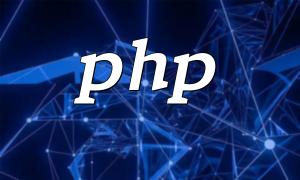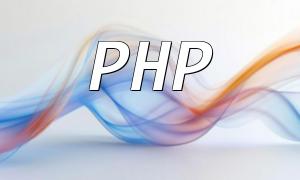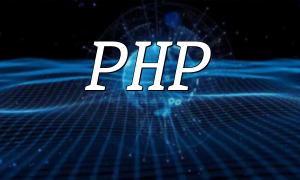PHP7 introduces many new syntax features and enhancements. Understanding these features can help avoid errors during development. Some major updates include:
Scalar type declarations: PHP7 allows declaring int, bool, float, and string types for function parameters and return values.
function add(int $a, int $b): int {
return $a + $b;
}Return type declarations: You can explicitly specify the return type in function definitions.
function divide(int $a, int $b): float {
return $a / $b;
}Null coalescing operator: The ?? operator simplifies checking whether a variable is null.
$name = $data['name'] ?? 'Default';When using PHP7 features in PHPStorm, you may encounter errors or warnings. The following methods help address these issues:
Set PHP version: Specify the PHP version in the project settings. PHPStorm will provide syntax checks and code hints according to the selected version, reducing unnecessary errors.
Specify PHP version with comments: If different files or code blocks use different PHP versions, you can indicate the version with comments to help PHPStorm interpret the code correctly.
<?php
// @phpstan-ignore-next-line
declare(strict_types=1);Use PHPDoc annotations: When using new features, such as function signatures or return types, PHPDoc comments can help PHPStorm correctly understand the code.
/**
* @param int $a
* @param int $b
* @return int
*/
function add(int $a, int $b) {
return $a + $b;
}Update the IDE: Keep PHPStorm up-to-date to fix known bugs and improve support for PHP7 features.
By following these methods, PHPStorm can better detect PHP7 features, reduce errors, and improve coding efficiency and code quality.
This article introduced practical ways to resolve PHP7 feature errors in PHPStorm, including setting the PHP version, using comments, PHPDoc annotations, and updating the IDE. By applying these techniques, developers can work more smoothly with PHP7 features, reduce unnecessary errors, and fully leverage PHPStorm's powerful capabilities.









